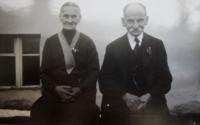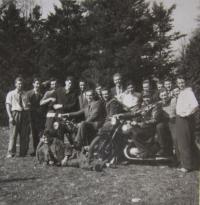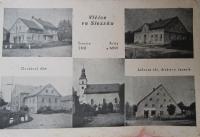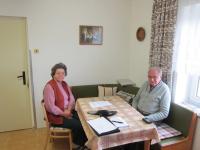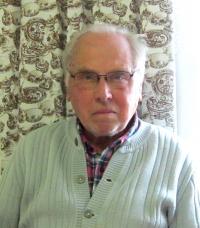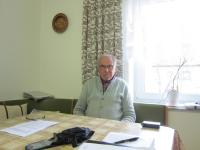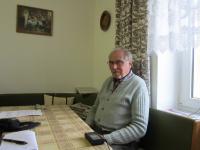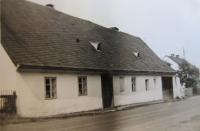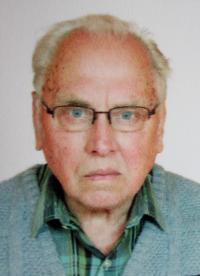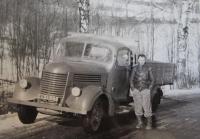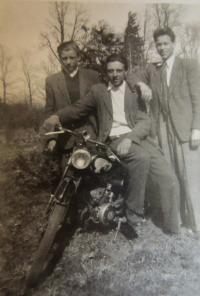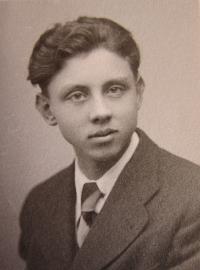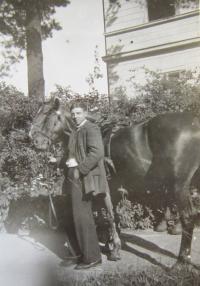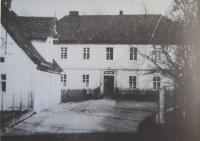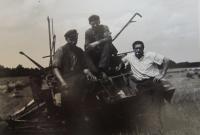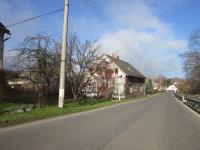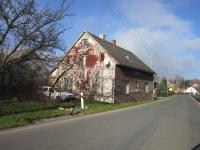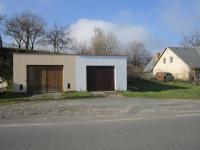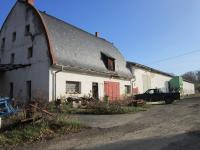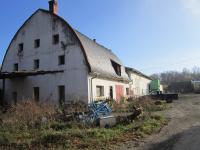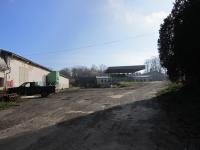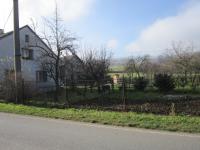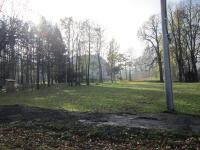The wild Sudetes

Download image
Rudolf Reinold was born in 1931 in Vlčice (German: Wildschütz) in the Jeseníky District. Like most of the inhabitants of the village and the surrounding area, his parents also claimed German nationality. As a small boy he witnessed the eviction of the Czech gendarmes from Vlčice during the crisis leading up to the infamous Munich Agreement, and subsequently the evacuation of German citizens during the full Czechoslovak mobilization. Throughout the war Rudolf encountered captured French soldiers who were imprisoned in one of the neighbouring houses; he also witnessed the execution of two Polish forced labourers who set fire to the local manor farm in their struggle against Nazism. In May 1945 he saw how the local women were raped by the liberating Soviet soldiers. Because his sister was severely ill, his family was not deported with other Germans after the war. But they spent several weeks in the Muna Mikulovice concentration camp. The family then returned to Vlčice, where Rudolf Reinold worked in the local cattle-breeding co-op that was later turned into a state farm. During the 1950s a group of youngsters came to the farm - these were the sons of “kulaks”, and as such they had been expelled from their secondary agricultural schools and sent to work in the borderland Vlčice. Rudolf Reinold later married the German Alžběta Böhm, whose family had also avoided the post-war deportation, and he moved to live with her in Kobylá nad Vidnavkou, where they live to this day. During the 1960s the witness’s mother and sister emigrated to Nuremberg, Germany.
